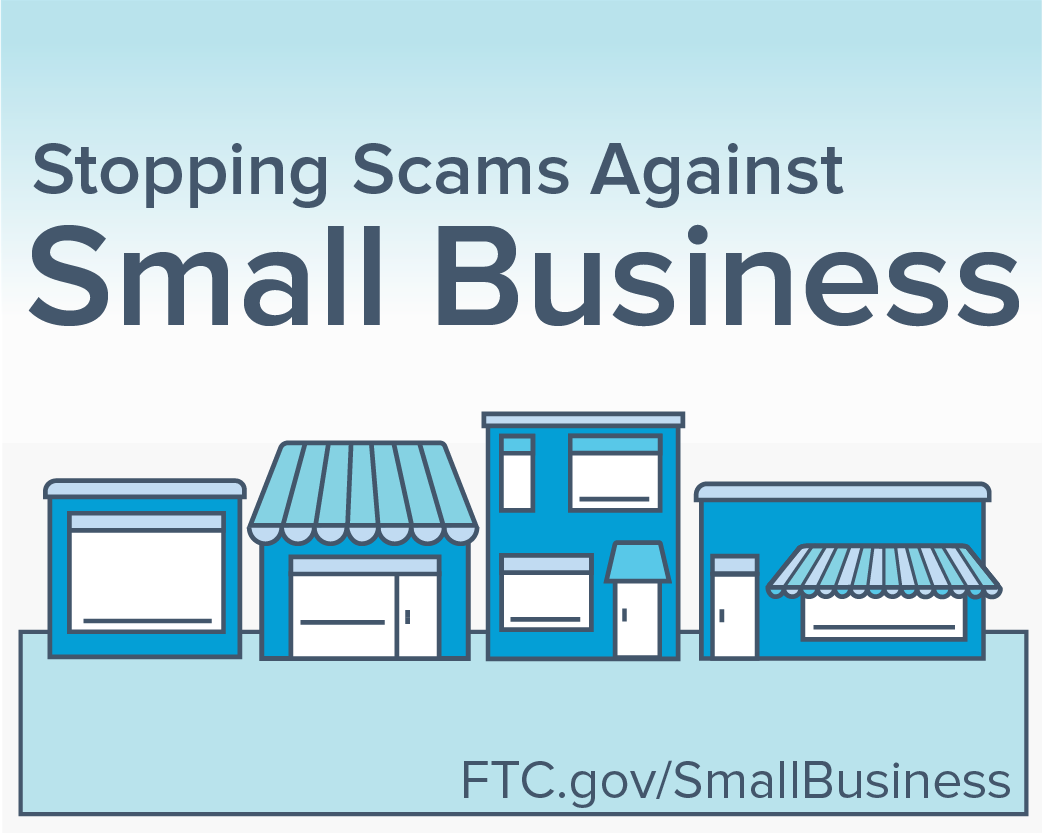If you’re in a small business,  you probably need a way for people to pay you – and ways to lower your costs. Scammers have been working both of those angles, promising businesses that they can save on leases of credit card processing equipment. They’ve also been promising that businesses can cancel any time. But is that what happens?
you probably need a way for people to pay you – and ways to lower your costs. Scammers have been working both of those angles, promising businesses that they can save on leases of credit card processing equipment. They’ve also been promising that businesses can cancel any time. But is that what happens?
In a word, no. Businesses can end up paying thousands to lease equipment that would have cost only a few hundred dollars to buy. When the business can’t cancel the lease (despite the promises), it can have trouble if it stops paying. Those lease agreements can hold the business owner (or the person who signed the lease) responsible for the debts. And the agreements can require that legal disputes are heard in another state. Some scammers have even pretended to be the business’s current card processor – people have been tricked into signing new contracts when they thought they were just updating paperwork.
To avoid this and other scams against small businesses:
- Don’t be rushed. Scammers want a quick decision. But you need to read the contract and check out the company.
- Do your research. Search the company’s name online with words like “scam” or “complaint.”
- Get it in writing. You’ll want to see all the terms in writing before you sign. If you don’t get them, walk away. If you do sign, be sure to get a copy of the entire document, especially if you sign electronically.
The FTC and several state attorneys general recently announced a law enforcement sweep cracking down on scammers that targeted small businesses. Check out our new Scams and Your Small Business brochure to learn more about what to watch out for, and share the information with your team.

In reply to Hello. Is it possible to by PennyLane
Thank you for your message. If you spot other scams, you can report them to the FTC's consumer response center at 1-877-382-4357.
In reply to If it's a scammer and not a by P.J.
In reply to If it's a scammer and not a by P.J.
In reply to Scam with Publisher Clearing by Donna
You can report a scam to the FTC at www.FTC.gov/Complaint. The information you give will go into a secure database that the FTC and other law enforcement agencies use for investigations. Thank you.
In reply to Tristar consumer Law company by RonJon77
These details are important to share with the FTC. Please go to www.FTC.gov/Complaint and report this. The information will go into a secure database that the FTC and other law enforcement agencies across the country use for investigations.
The comments you put here on the blog don't go into the law enforcement database.